
An Enlightened Future with Artificial Intelligence
The decisions that we make now and in the near future will set the tone for the rest of the decade including how artificial intelligence (AI) may develop and how we will use it.
It will require enlightened leadership to maximise the benefit for human society.
This article is focused on providing a moment of reflection in terms of where we are and where we are going from a policy and philosophical perspective and to serve as a prelude to a more technical article on the next generation of AI that will follow.
Positive use case potential for AI includes the fight against Covid -19. For example The Lancet published an article authored by Zhou et al. entitled "Artificial Intelligence in COVID-19 drug repurposing" and state that " In this Review, we introduce guidelines on how to use AI for accelerating drug repurposing or repositioning, for which AI approaches are not just formidable but are also necessary. We discuss how to use AI models in precision medicine, and as an example, how AI models can accelerate COVID-19 drug repurposing."
Source for Image above The Lancet Zhou et al. Artificial Intelligence in COVID-19 drug repurposing
Another example is provided by Brandon Vigliarolo MIT develops Machine Learning model to quicken release of COVID-19 vaccine and states that "Researchers from MIT's Computer Science and Artificial Intelligence Laboratory (CSAIL) have developed a new combinatorial machine learning system that could both decrease research time needed for a COVID-19 vaccine and make it more effective, researchers said. "
"The platform, called OptiVax, focuses on developing peptide vaccines, which are a different approach from common whole virus, DNA, and RNA vaccines currently among the more than 100 vaccines in development."
The Types of AI
We've tended to focus on the difference between Narrow AI and Artificial General Intelligence (AGI), albeit there is an intermediate step in between that we will be the focus of AI research in the 2020s. For a definition of AI, Machine Learning and Deep Learning see the Article on this hyperlink.
AGI Remains An Aspiration for the Future
Source for Image above: Andrew Cochran, What is Artificial Intelligence?
AGI is a "..hypothetical intelligence of a machine that has the capacity to understand or learn any intellectual task that a human being can. It is a primary goal of some AI research and a common topic in science fiction and futures studies."
The article that will follow this one will deal with the next generation of AI including the research work by the likes of David Cox and other researchers have been working on that may yield Broad AI, an intermediate step between narrow AI and AGI and enable AI to scale across many sectors of the economy and across the Edge (on device).
Source for image above Jim Sopherer IBM Cognitive
Source for Image above Jim Sopherer IBM Cognitive
In terms of AI including Deep Learning we've had great success in the areas of Social Media and Ecommerce, areas where there is large amounts of data and it is hence no surprise that the likes of Google, Facebook, Amazon, Ali Baba, Microsoft (owners of LinkedIn) etc possess some of the strongest AI teams.
However, although data is key, it is also about the people. The Data Scientists, Machine Learning engineers and Deep Learning researchers, who are creating or implementing the AI algorithms and also the Digital Transformation, Technology, Business Translators and others within organisations tasked with strategic responsibility for implementing the technology.
In addition it is also about you and all of us who create data with our digital footprints and are often end users.
Source for image above: Tes.com
Our policy makers and leaders at both an organisational level and national level will also have an increasing influence on the shape of AI and next generation technology as the scaling of AI across different sectors of the economy will result in human interactions in increasingly sophisticated and complex areas that touch upon issues of data privacy, security, ethics and transparency. Moreover, we will need to consider the skills needed by the future workforce and how our educational systems may have to adapt.
The image above shows a forecast for 75billion internet connected devices by 2025, an average of approximately 9 per person in the planet! The role of Edge Computing will be key.
As we move further into the 2020s, the data will increasingly be created on the Edge, on devices and sensors all around us.
Source for image above: Omnisci
AI will increasingly be deployed on the Edge across the Internet of Things (IoT) resulting in the AIIoT in particular as 5G networks scale and enable substantially reduced latency and massive increase in device connectivity relative to 4G networks.
Source for infographic images above: Iman Ghosh VisualCapitalist.com
Furthermore, one may argue that in relation to social media and many ecommerce applications the risk is low in relation to consequence of an algorithm failing to perform properly. For example serious injury and fatalities don't result from showing someone an incorrect product recommendation for a dress or a jacket or a movie to watch. There are no complex legal liability issues to consider as may occur in the case of healthcare misdiagnosis or an autonomous car being involved in an accident.
The image above illustrates the need for autonomous systems to engage in scene understanding and to communicate by broadcasting to other machines (Machine to Machine communication)
The laws of supply and demand apply to AI and the Data Science community too. At the end of the last decade there was a boom in demand for Machine Learning and Deep Learning skills that helped scale the algorithms that were being deployed in backend systems to enhance customer experience and analytical insights. There is now a growing demand for solutions from AI that will enable AI to scale into other sectors of the economy where issues of causality and transparency are key.
Regina Barzilay, the first winner of the Squirrel AI Award, further elaborates on this point and explains why the pandemic should be a wake-up call.

Will Douglas Haven in an article published in MIT Technology Review entitled "We’re not ready for AI, says the winner of a new $1m AI prize" quotes Regina Barzilay explaining the issue" Right now AI is flourishing in places where the cost of failure is very low. If Google finds you a wrong translation or gives you a wrong link, it’s fine; you can just go to the next one. But that’s not going to work for a doctor. If you give patients the wrong treatment or miss a diagnosis, there are really serious implications. Many algorithms can actually do things better than humans. But we always trust our own intuitions, our own mind, more than something we don’t understand. We need to give doctors reasons to trust AI. The FDA is looking at this problem, but I think it’s very far from solved in the US, or anywhere else in the world."
In order to enable AI to flourish and scale across key areas in the real-world such as Healthcare and Autonomous Robotics (including vehicles) such we'll need the following:
- Edge Computing with the ability for Deep Neural Networks to learn from smaller data sets with Neural Network Compression and Federated Learning with Differential Privacy to enable secure collaborative learning across decentralised data;
- Causality and Explainable AI;
- Re-skilling across our education systems and workforce (see below);
- Clear leadership and understanding from our policy makers and C-teams in organisations;
Source for image above: Deloitte, Crafting an AI strategy for government leader
- Investment in the infrastructure required for data infrastructure, backend systems and develops, along with the need to investment in 5G networks.
As stated above the potential pathways to broad AI will be considered in the next article after this.
There have been calls by some as to why we have not attained AGI to date. Although there remain many technical barriers to hitting AGI there is also the philosophical dimension that maybe we are also not ready for AGI as a society and humanity overall.
What would an AGI learn from us today? The experience of Tay the chatbot serves as a warning.
We have opportunities to deploy AI technology including the next generation that is currently being developed by leading AI researchers and may take us towards stronger, broad AI (albeit not AGI yet) to enhance services and customer experience in areas such as Financial Services and for example reduce the reliance on paper receipts that are harmful for human health and also the environment.
Moreover, we have scope to apply AI technology for personalised marketing campaigns and improved understanding of customer preference so as to improve profit margins for retailers whilst reducing the environmental wastage that results from unwanted and unsold inventory as set out by Rolnick et al in Tackling Climate Change with Machine Learning and Alfonso Segura Tackling Fashion Industry’s Waste Problem. Furthermore, the pandemic serves as an opportunity for us to consider the needs of our society and the world overall going forwards to help heel the wounds from the current crisis and hopefully to prevent or limit the damage from a future pandemic. Furthermore, we have the opportunity to consider the potential to develop technology and infrastructure required for sustainable economic development and job creation that will be needed in many parts of the world due to the Covid crisis.
Additional details about how to use AI and other next generation technologies to increase job creation and reduce pollution are set out in the infographic below and article on this hyperlink.
The World Economic Forum (WEF) publicised an article by Mohamed Kande and Murat Somnez entitled "Don't fear AI. It will lead to long-term job growth" and set out the points below:
- COVID-19 has accelerated the automation of many tasks, leading some to fear artificial intelligence (AI) will take their jobs.
- But AI will create more jobs than it destroys.
- To embrace this change, companies and governments must focus on upskilling and reskilling.
Source for Image above: Don't fear AI. It will lead to long-term job growth
Furthermore, the authors set out that 50% of employees will need reselling by 2025!
Source for image above: Don't fear AI. It will lead to long-term job growth
Areas such as Financial Services will be transformed by AI as shown by the infographic below:
Furthermore, the Healthcare sector will also be transformer as shown in the infographic below:
In order to truly realise the potential of AI this decade in these sectors we'll need to deploy techniques such as Federated Learning with Differential Privacy and Broad AI.
However, just as important is the people element. We'll need to invest in people and skills across the education system and workforce.
This means that our political and organisational leaders enable sufficient investment to develop the human talent needed and to enable AI and other emerging technologies to address some of the crucial issues that we as humanity face going forwards. It will require an enlightened approach by our political and policy leaders to enable a transition to Industry 4.0.
The Covid-19 crisis has resulted in both human suffering and also economic damage. Our leaders will need to consider policies to enable GDP and employment growth whilst also taking into account the need to combat pollution and move away from the business as usual model that perhaps played a role in our world being in its current state.
I hope that 2021 will be a time of recovery and enlightenment for all, wherever you maybe in the world and that we will experience the leadership and vision to steer us beyond the Covid crisis and in the direction for applying AI for productive use cases across the economy to also heel the economic damage that has been caused and also to improve living standards and healthcare for many around the world. The future is in our own hands and the decisions that we take now and in the near future will determine our future for many years ahead. One hopes that we will emerge next year into a new period enlightenment with Data Science and next generation technology being used in ways that improve our quality of life and result in a better world for all of us.
A Guide to Real World AI & Machine Learning Use Cases
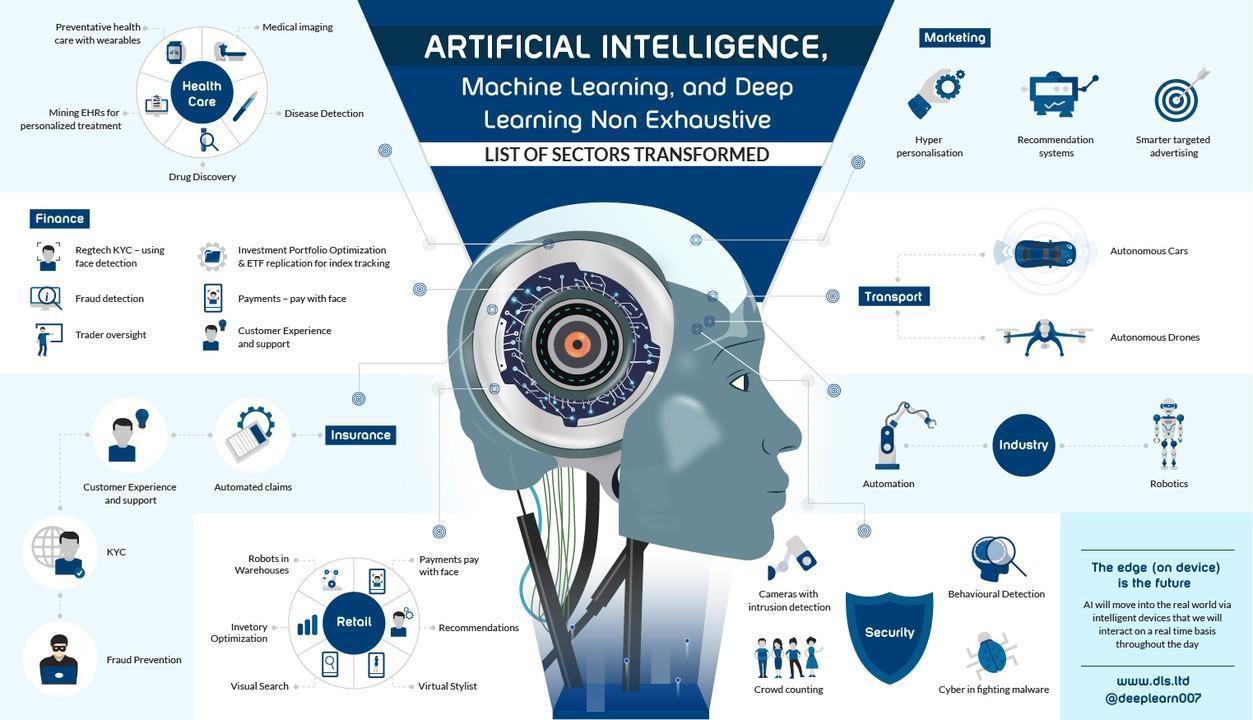
Trending
-
1 How Does SaaS Differ From IaaS And PaaS?
Fabrice Beaux -
2 Single Page Applications vs Multi-Page Applications
Fabrice Beaux -
3 Top 7 Effective Strategies for Multi-Language Website Development
Fabrice Beaux -
4 Boost Engagement to Infinity and Beyond: Unleashing AI-Driven Support
Anas Bouargane -
5 The Cheapest And Most Beautiful Stickers in CS2
Daniel Hall


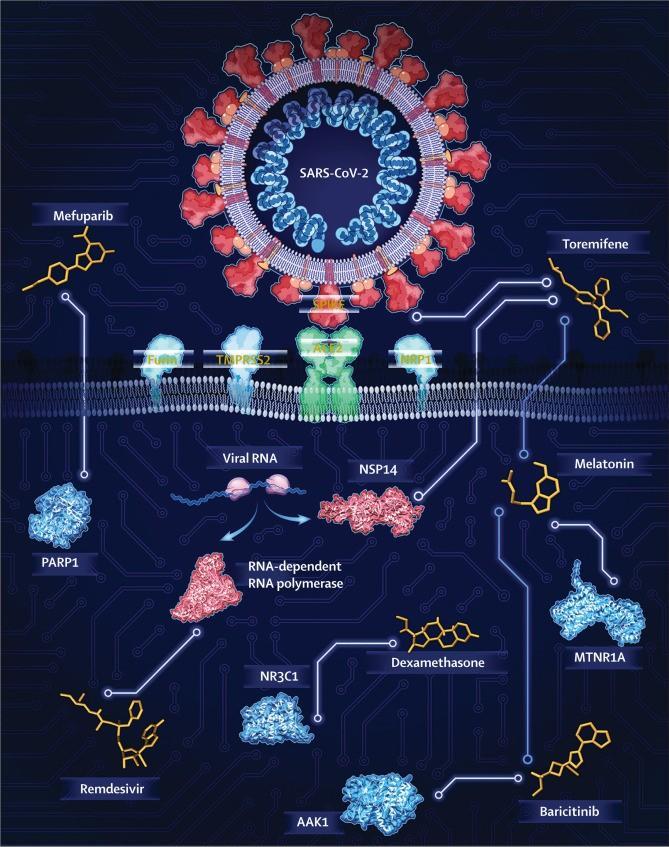
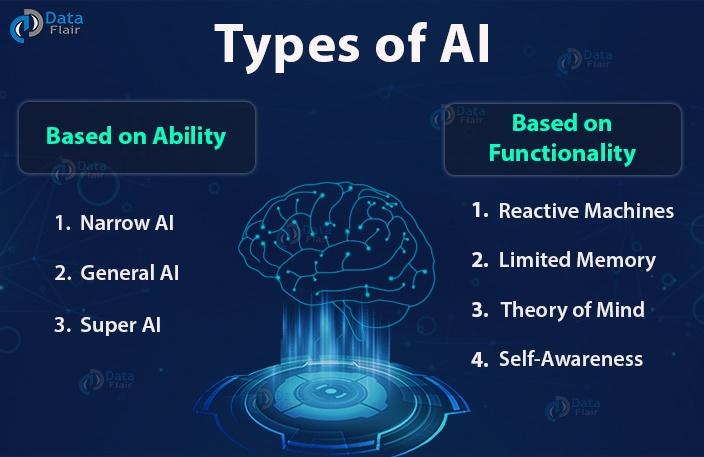
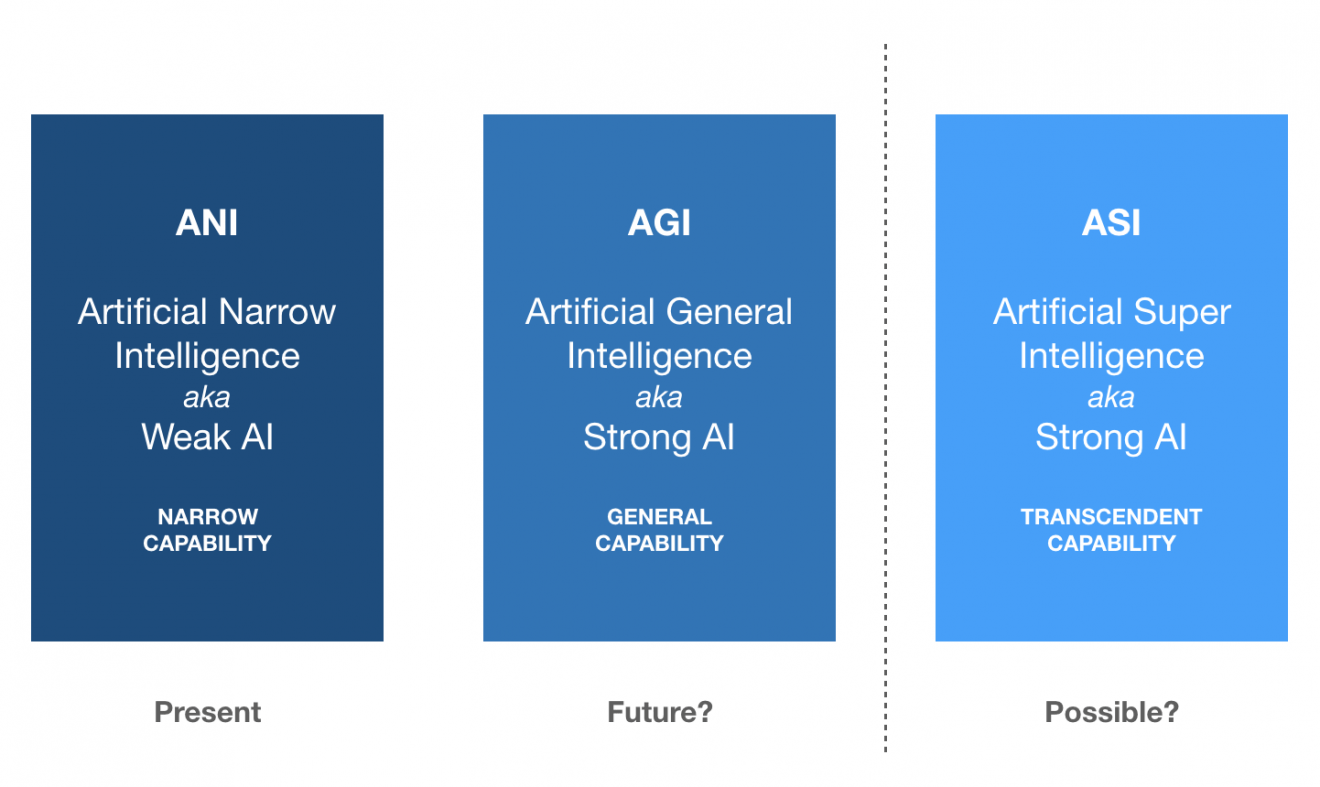
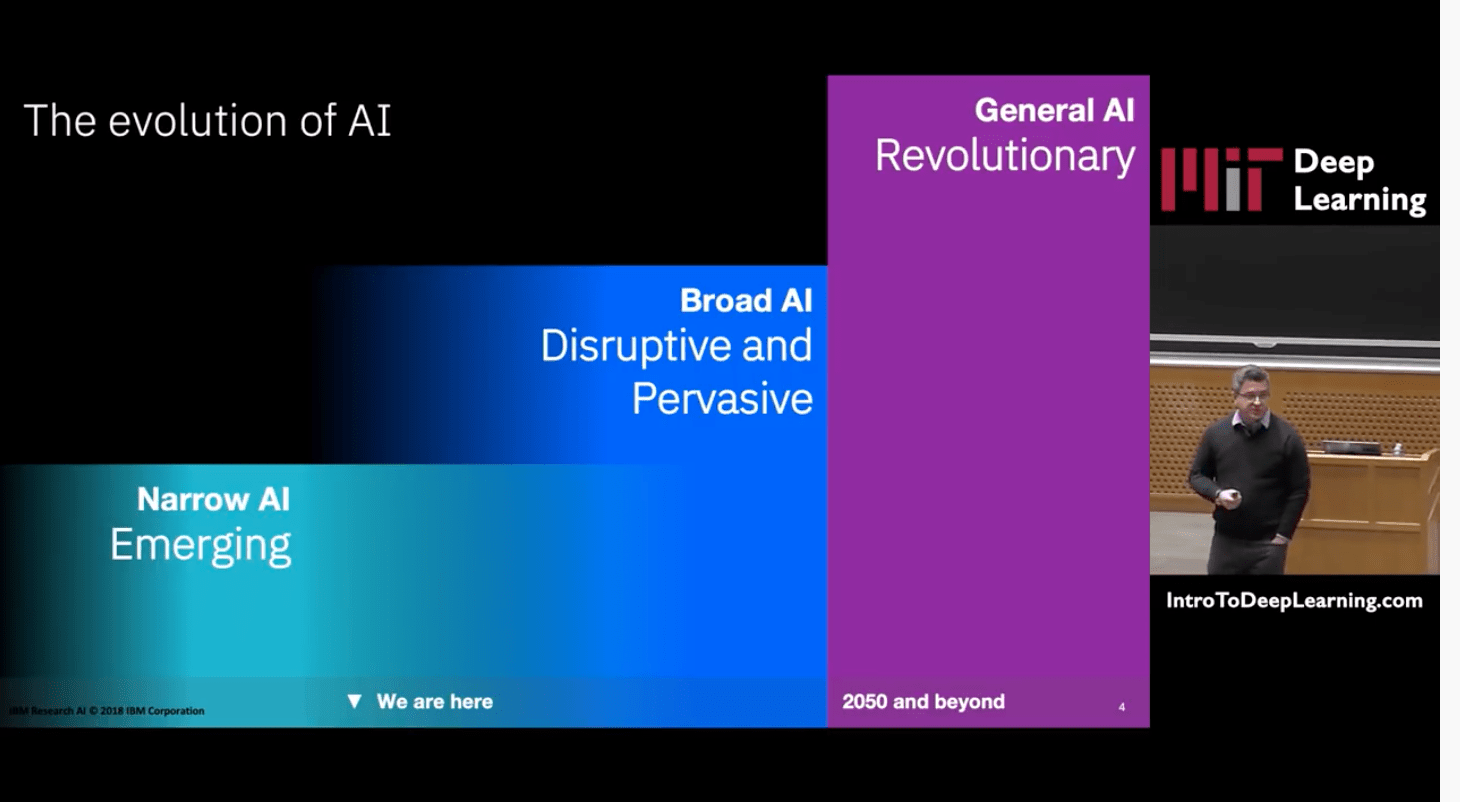
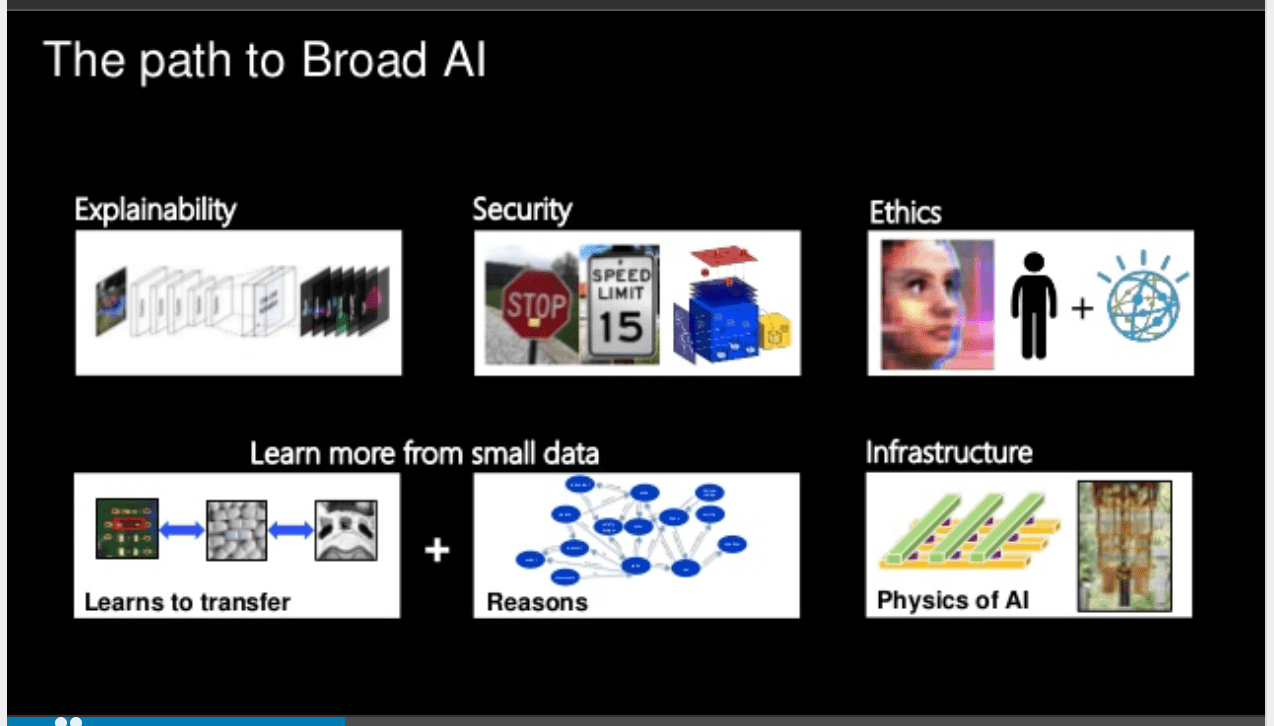
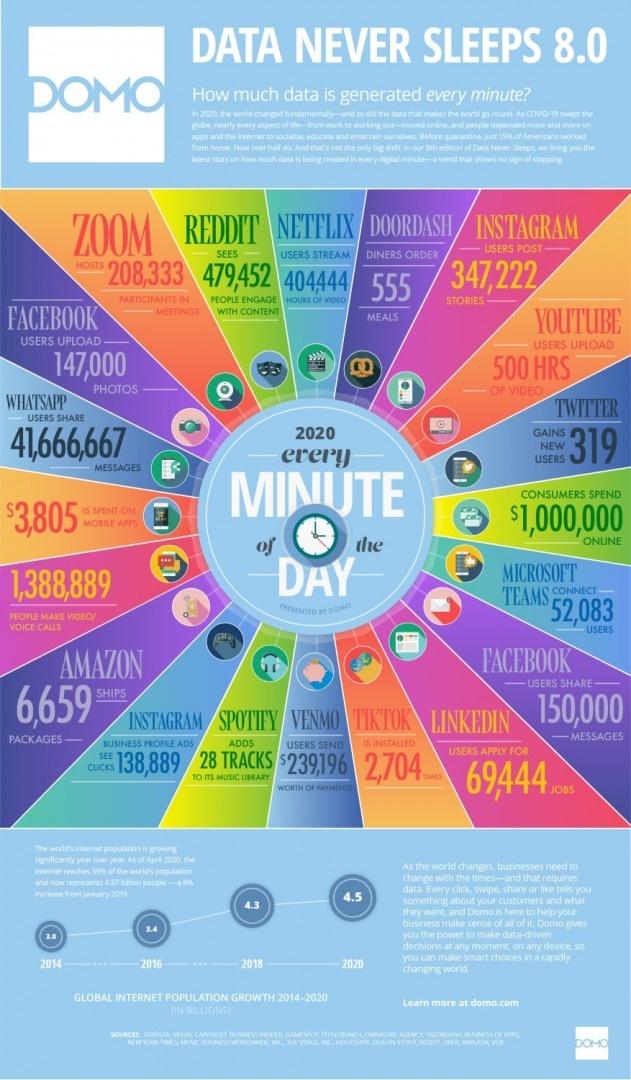
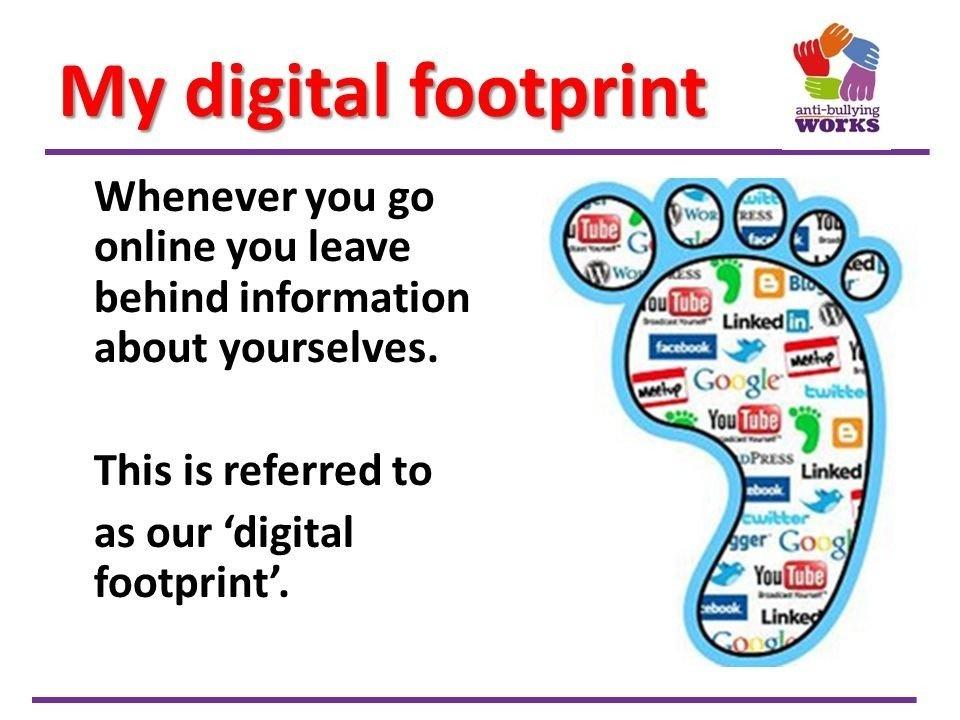
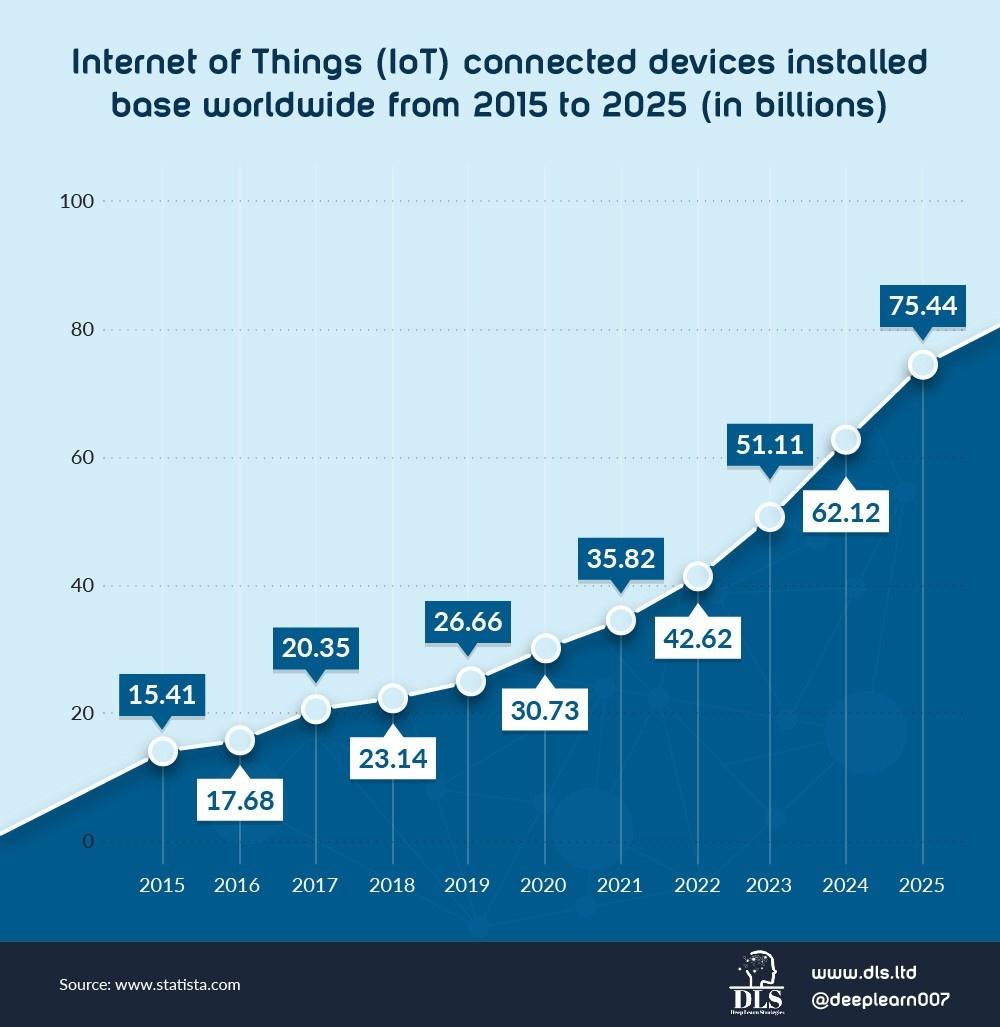
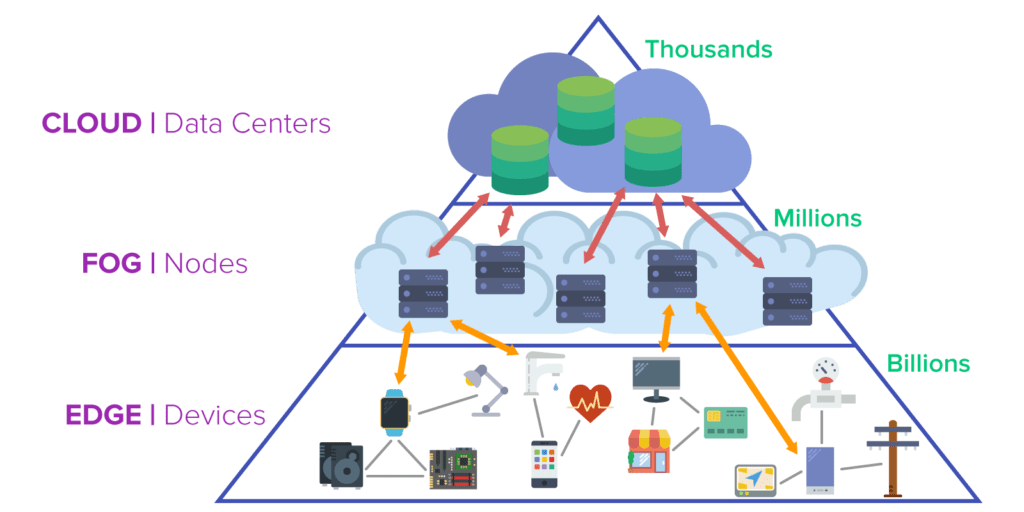
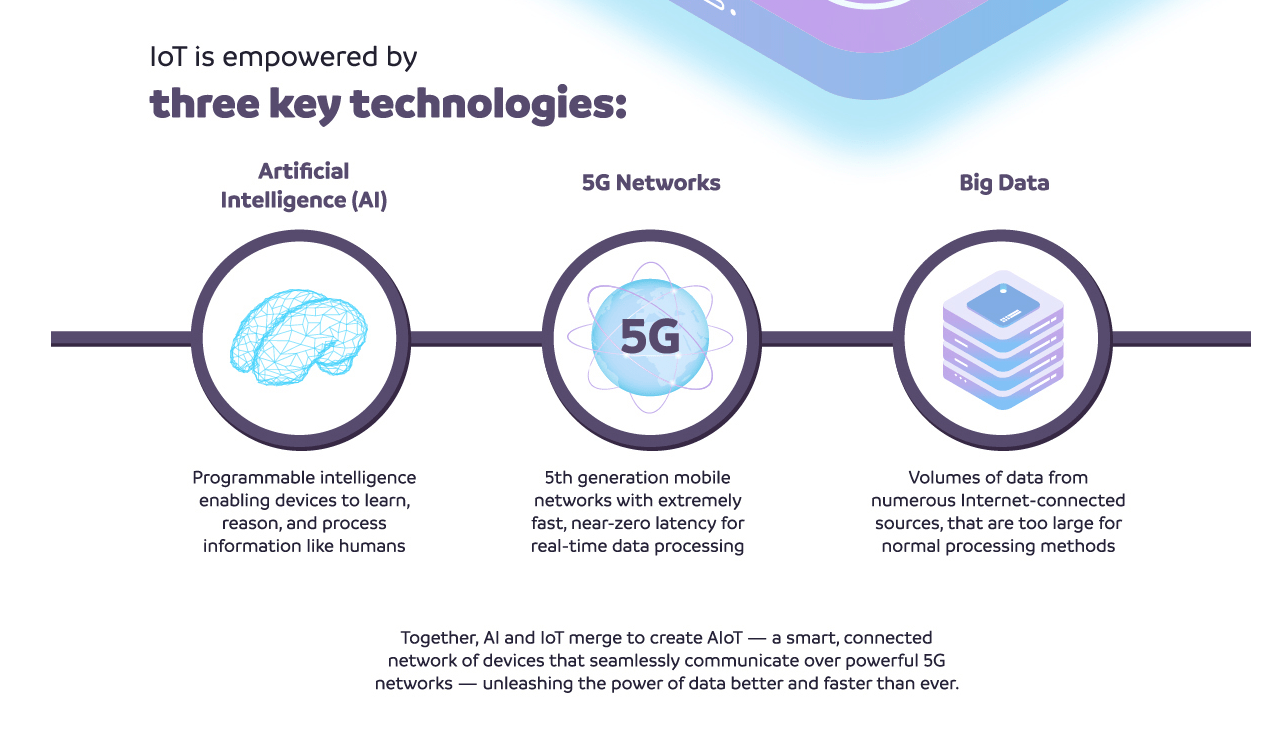
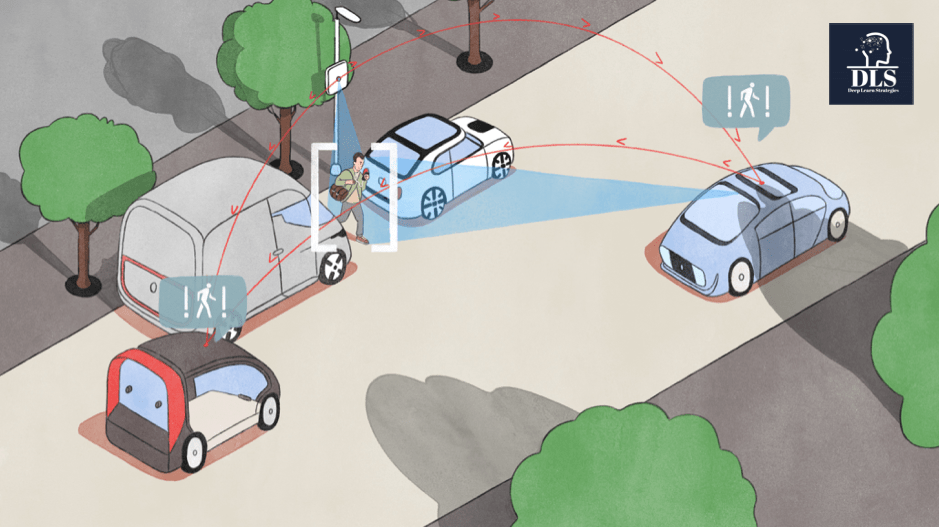

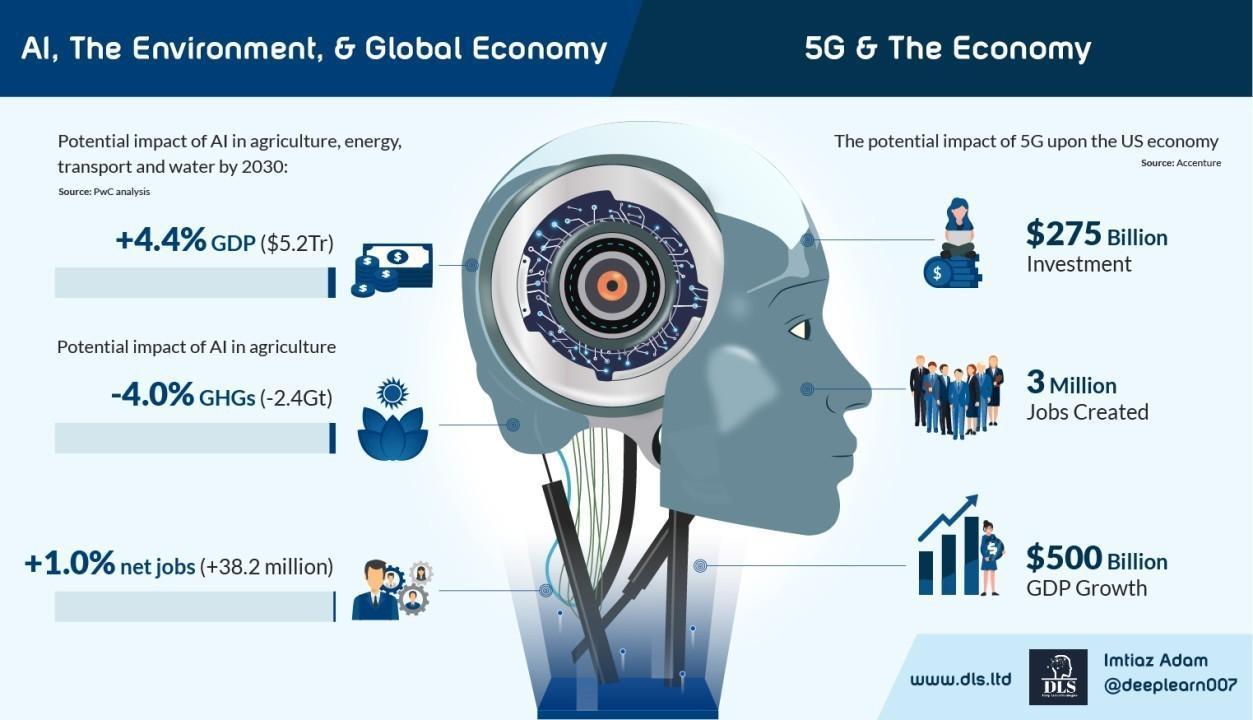
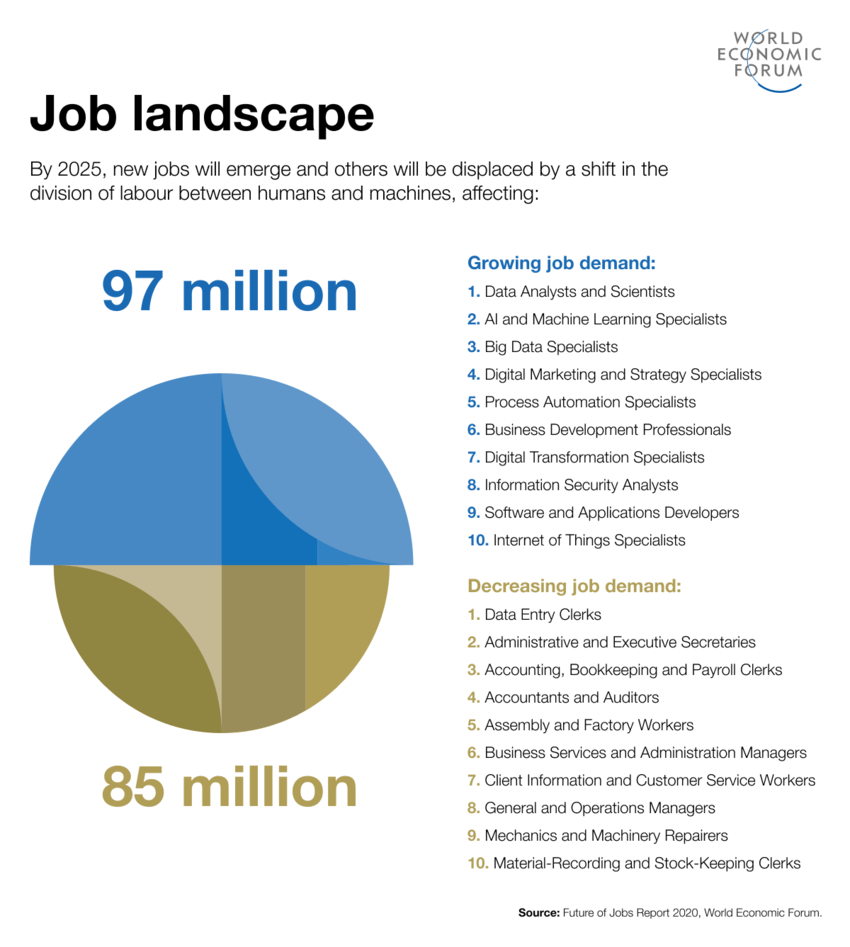
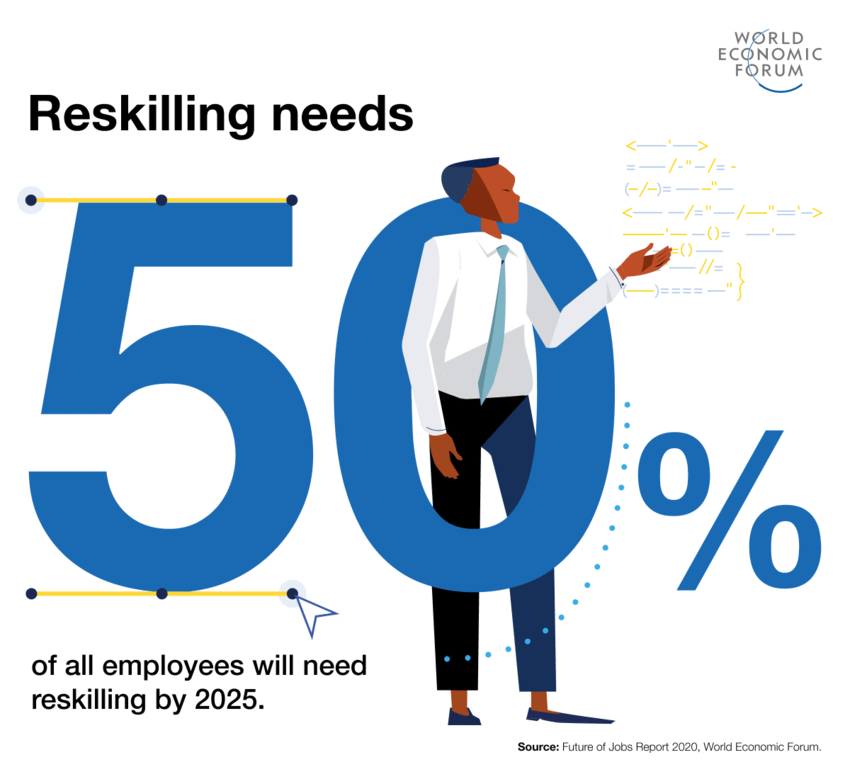
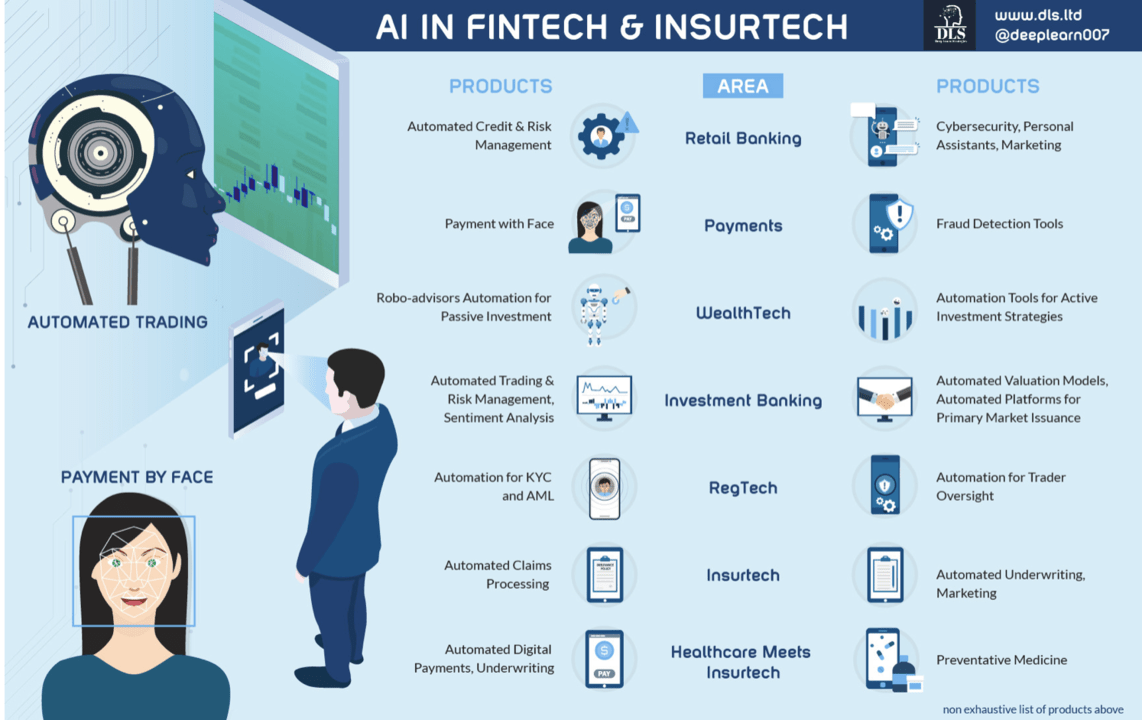
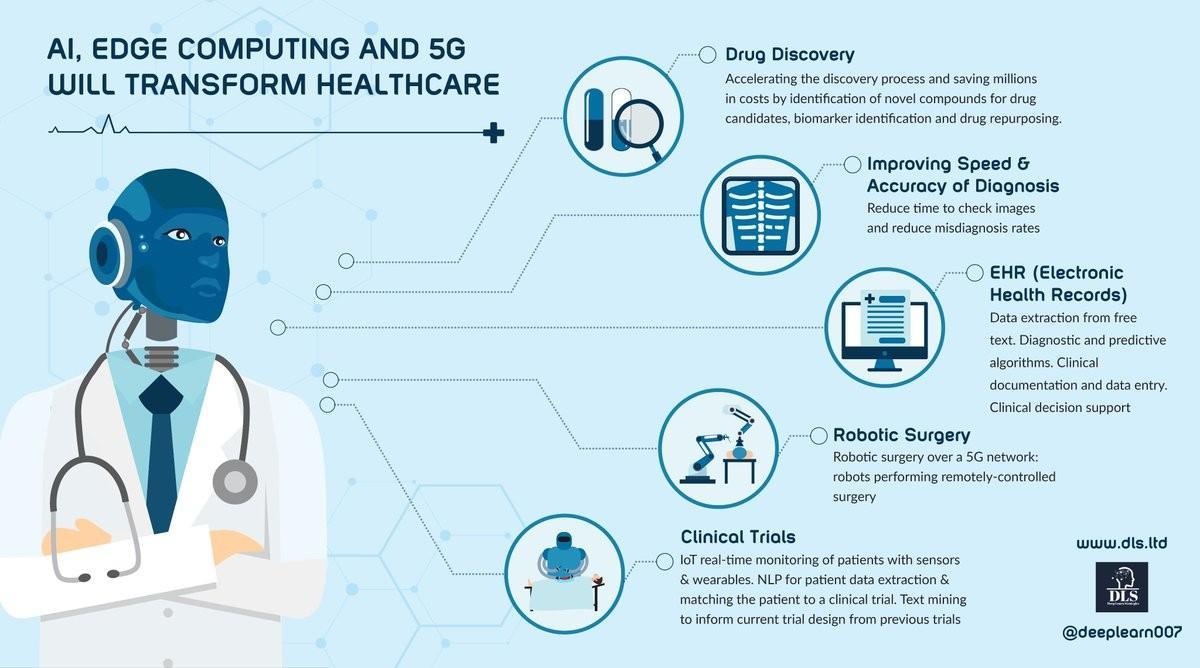



Comments